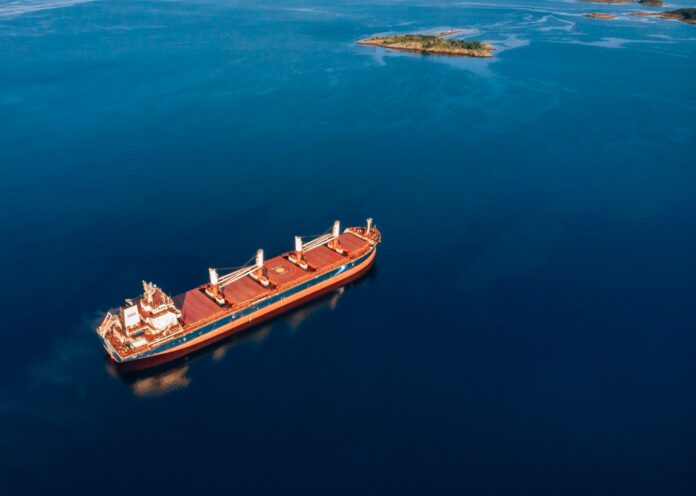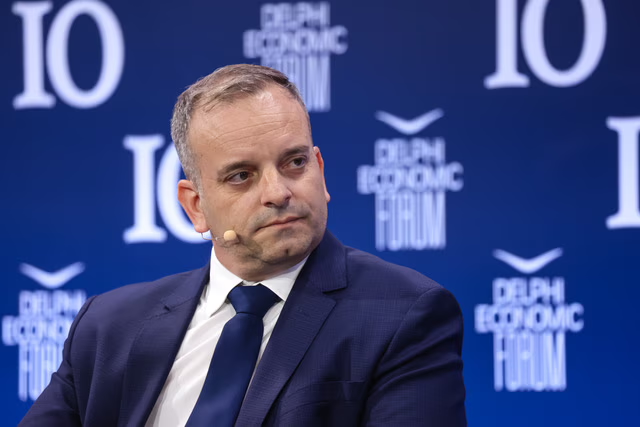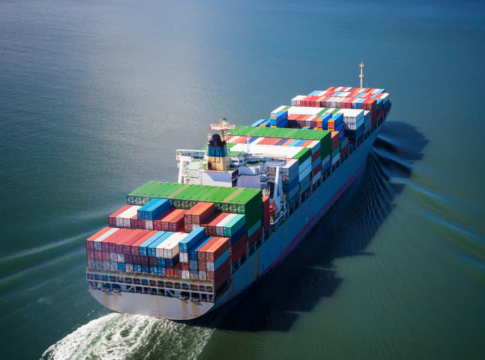Large-scale changes are expected in major ports as a result of the climate change, a rise in the percentage of female employers in the industry and the dominance of African states in channeling maritime workforce, according to a recent survey.
The shipping sector must improve its forecast to prepare for every possible scenario in the future, the survey said.
Lloyd’s Register and the Lloyd’s Register Foundation are calling on shipowners and everyone in the supply chain to step up their efforts to deal with the significant changes and upcoming potential future scenarios – as they were presented in the new report published last week in celebration of the London International Shipping Week.
The Global Maritime Trends 2050 report, compiled by Economist Impact, is part of Lloyd’s Register and the Lloyd’s Register Foundation’s new multi-year program focusing on global shipping trends.
Some of the world’s largest ports will be rendered useless by rising sea levels
The Intergovernmental Panel on Climate Change (IPCC) forecasts that sea levels will rise from 0.29m to 0.51m by 2100 under a business-as-usual scenario.
The new report shows that if the level rises by 40m by 2050, the ports of Houston (USA), Shanghai (China) and Lazaro Cardenas (Mexico) will not be able to operate.
African states leading providers of naval workforce
According to the IMF, Africans will have the youngest average age in the world, just 25 years old by 2050.
As other regions are threatened by population aging, Africa will go against the grain. For industries such as shipping, this means that seamen and crews will increasingly be sourced from African countries, potentially replacing the traditional Asian ‘reserves’.
Female employment in shipping will reach 25% of the global maritime workforce by 2050 due to technological advances
-In 2021, women represented less than 2% of the global shipping workforce, according to the latest report by BIMCO and the International Chamber of Shipping (ICS).
-A technology-led energy transition could bring rapid growth in female employment by mid-century.
-By 2050, the need for technologically skilled maritime executives could allow more women to take up management positions on land or at sea, as increasingly autonomous ships and systems require supervision and monitoring rather than intensive manual work.
The new report “Global Maritime Trends 2050” analyzes possible future scenarios for shipping in 2050, taking into account the speed of adoption of new technologies and the degree of global cooperation, aiming to facilitate the industry in its predictions of future risks, opportunities and required investments.
Nick Brown, CEO of Lloyd’s Register, underlined that the report, and the wider program which contributes to benchmarking the findings, is an excellent opportunity to take action and prepare for change. In particular, he said: “Other sectors are much better at forecasting, such as the financial sector, which has a deep understanding of possible future developments and how it can cope with them. Shipping seems to be lagging behind.
From managing the energy transition to preparing the next generation of seamen, we have allowed uncertainty to delay action for too long. We have now created a framework for shipping to form a better picture of what the future holds. It’s time to take action.”
Ruth Boumphrey, CEO of Lloyd’s Register Foundation, added: “Shipping is deeply intertwined with geopolitical and macroeconomic challenges. Ships carry 80% of the world’s goods, so any disruptions are felt around the world. Amidst global supply chain uncertainty, the urgent need for decarbonisation, the integration of new technologies, human rights and safety concerns at sea and the future of the maritime profession, it is vital that those working in the maritime industry do everything possible to respond to these challenges, without causing damage elsewhere.”














